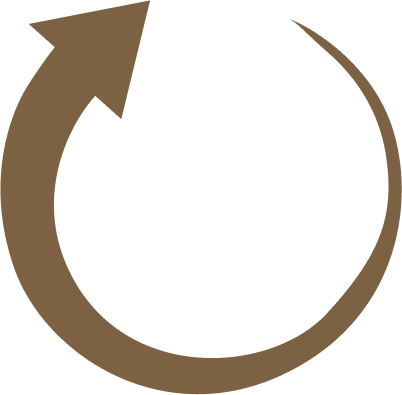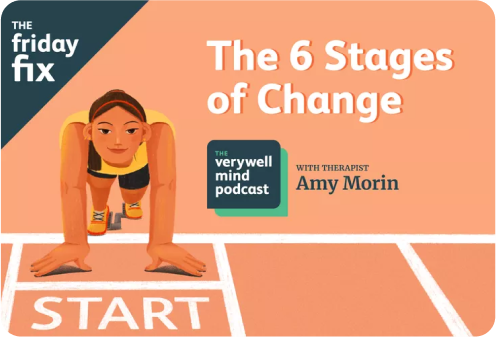Each stage will take you to a page of different resources related to it. In addition, each phase has a check-in for you to assess where you are at and how this behavior change is going. Changing your behavior doesn’t have to be a linear process where you hit one milestone or stage after another. Instead, think of it as a wheel, or spiral, where sometimes you leave one stage, go to another, and return to previous ones during your journey.
The Stages of Change may be a useful approach for where you are in your behavior change process. The stages can also be useful for family and friends and how to best handle the change process for a loved one.
















